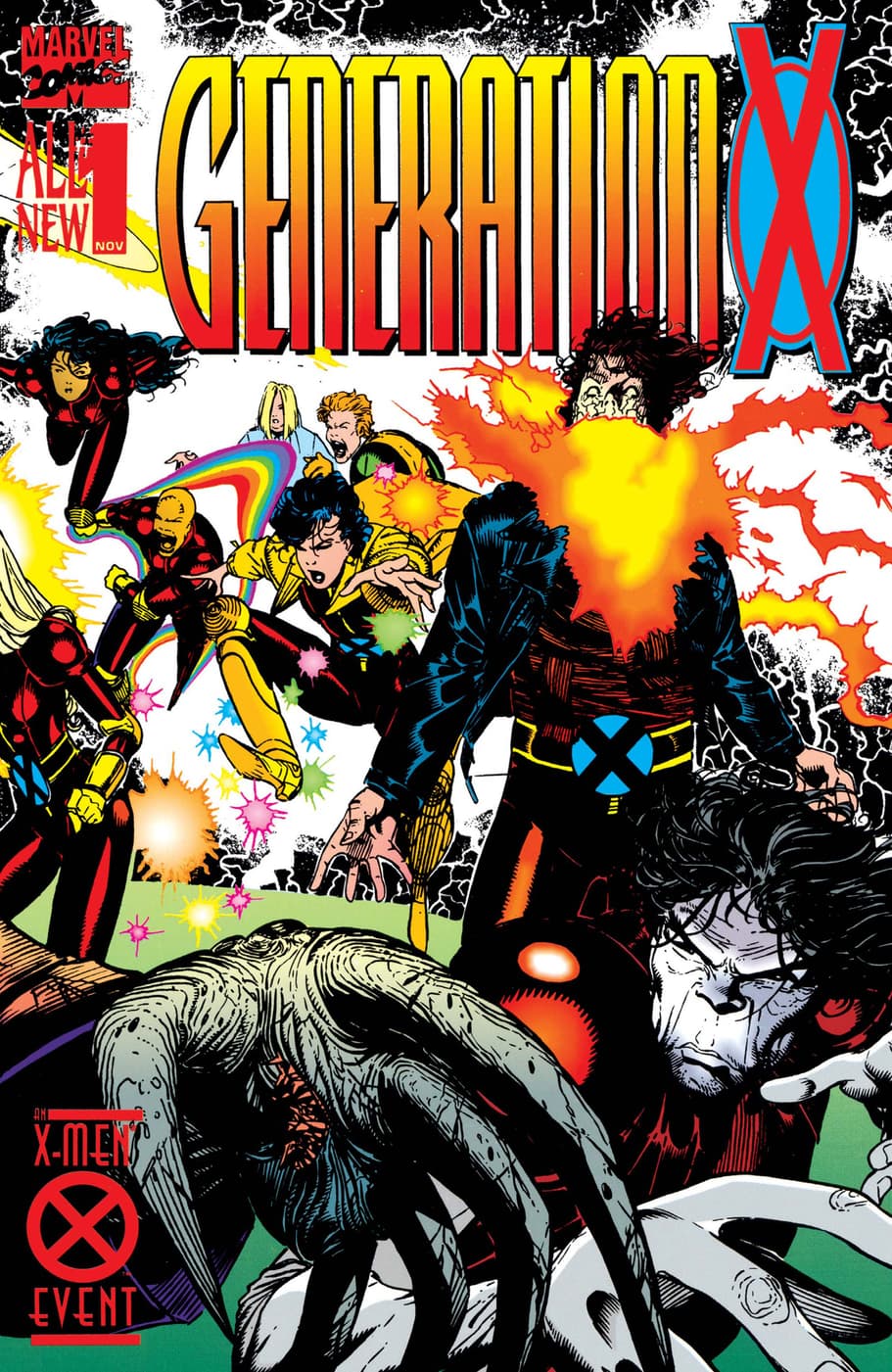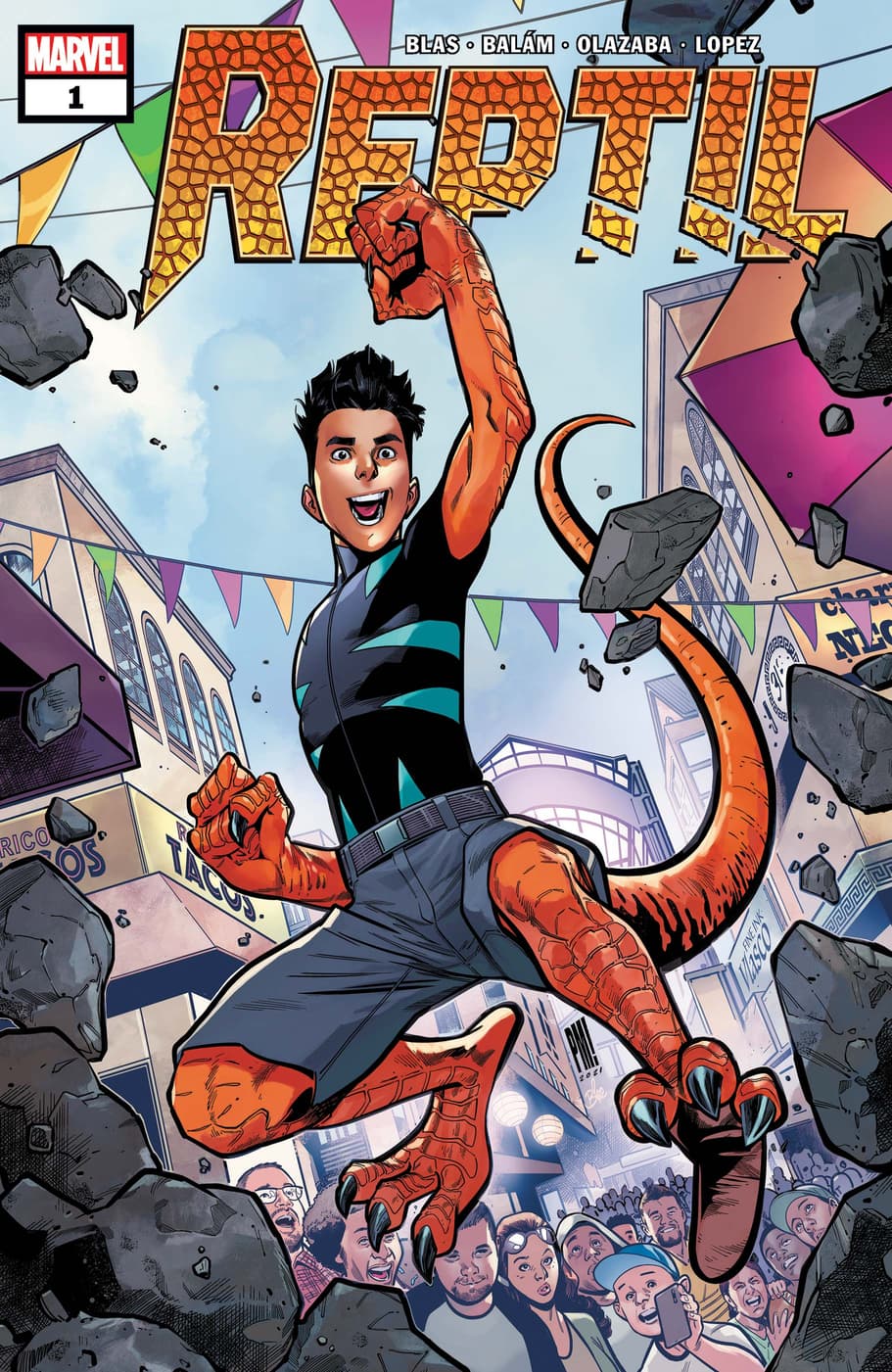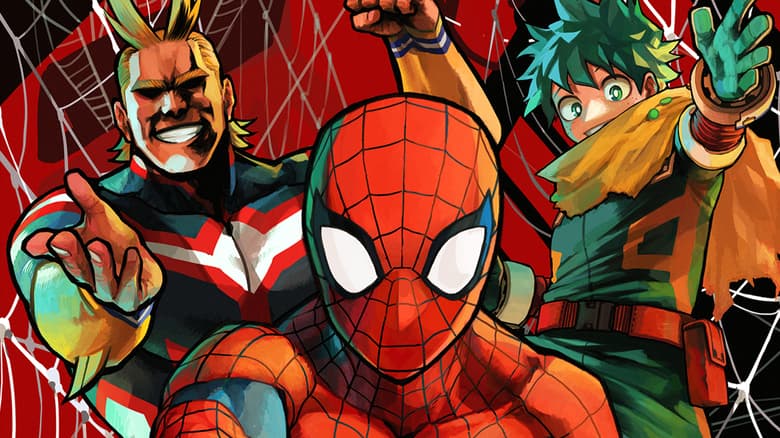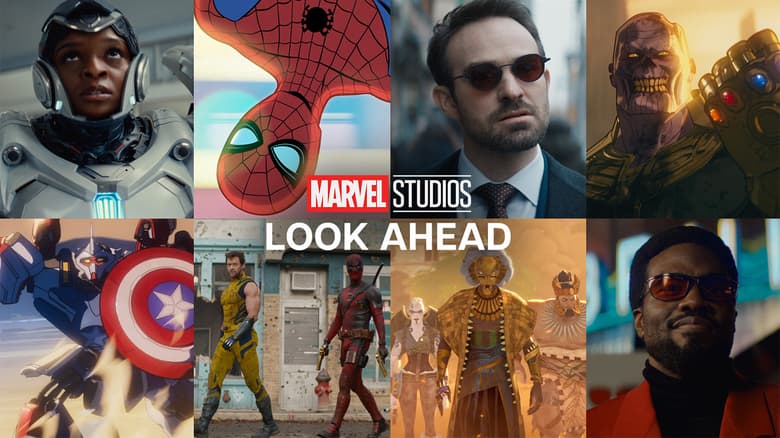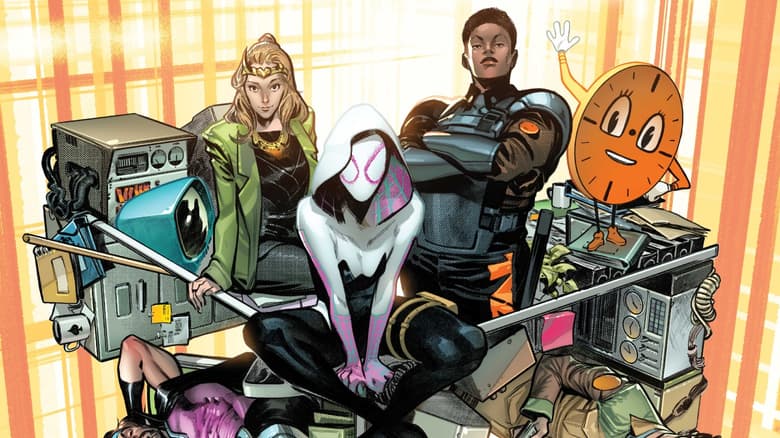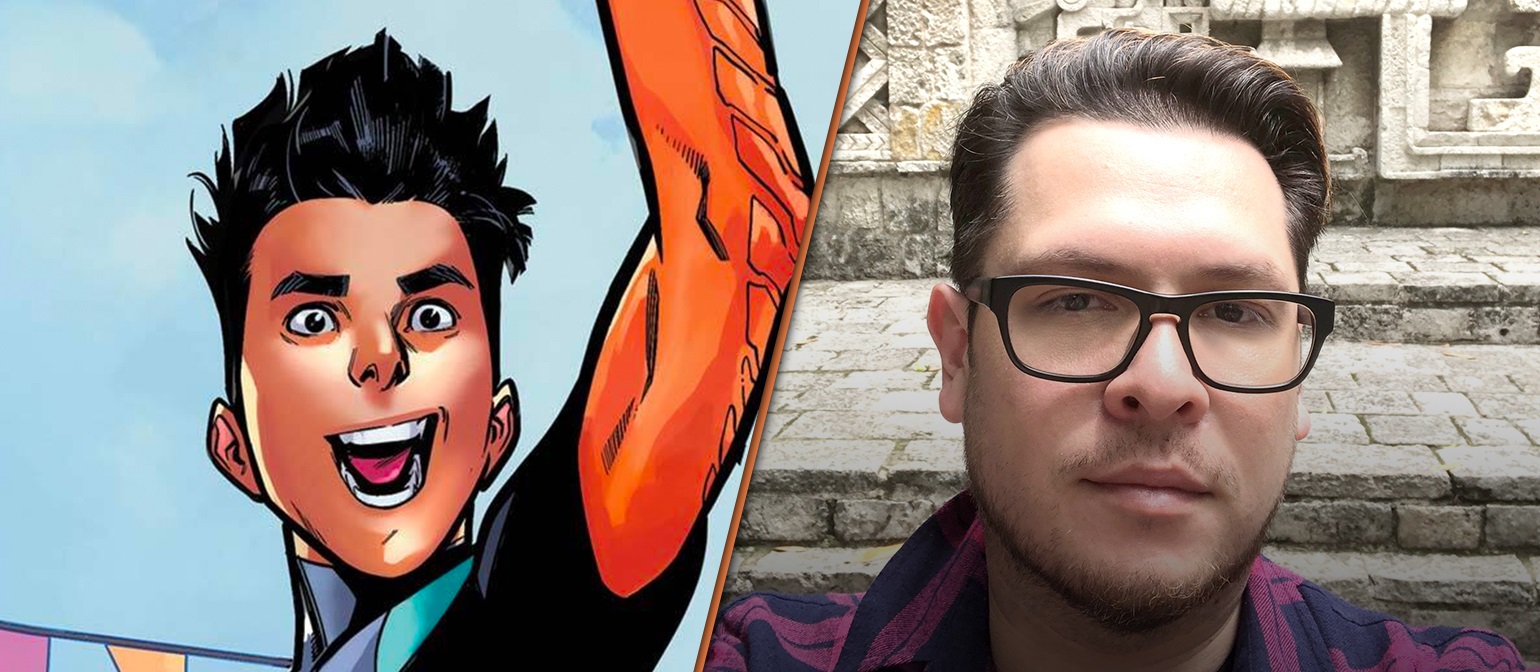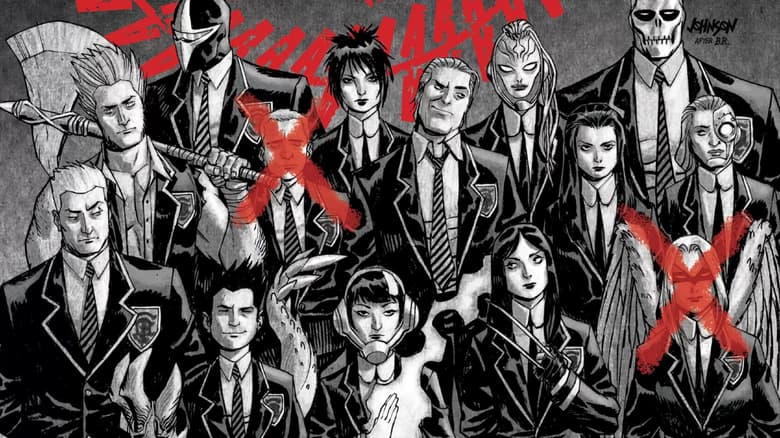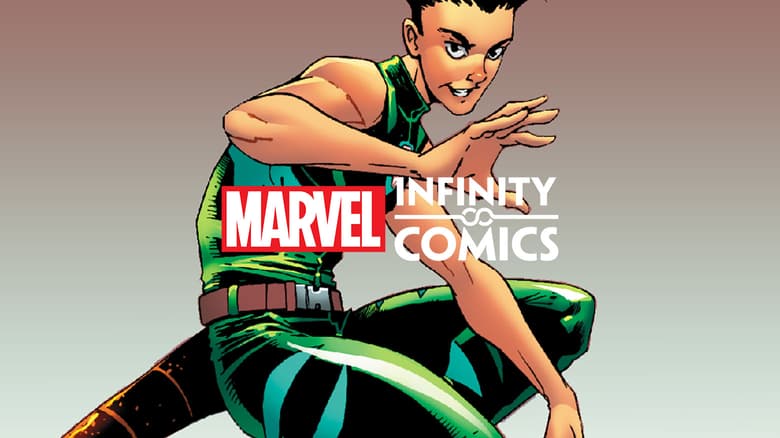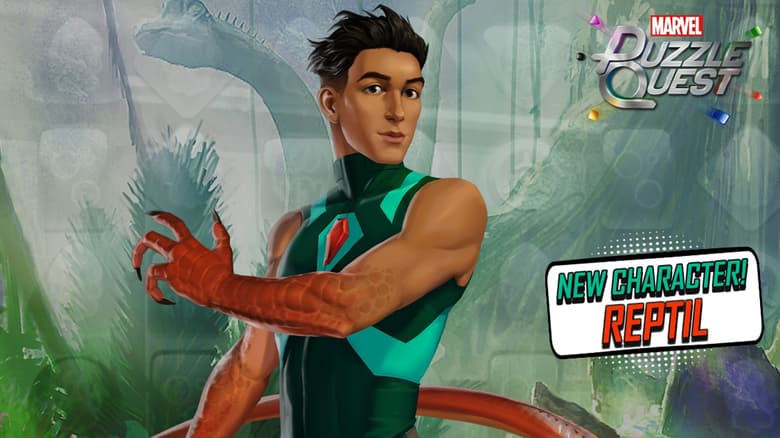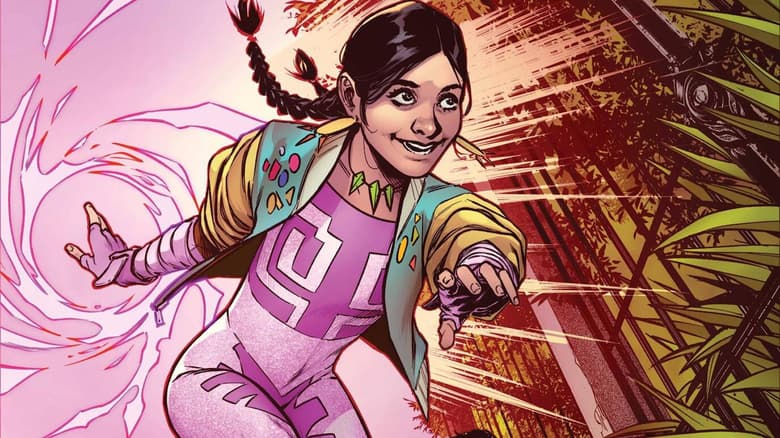'Marvel's Voices': Terry Blas Is Ready to Create a New Era of Latinx Representation with Reptil
The author of Marvel's 'Reptil' gives us the inside scoop on Humberto (AKA Reptil), his twin cousins Eva and Julian, and the inherent superpower that lies in being yourself.
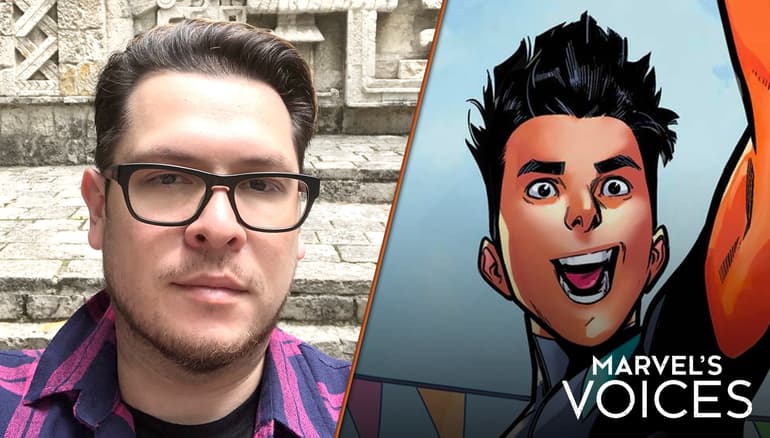
1994 was an interesting year for a kid who was obsessed with pop culture.
I was 14. The Lion King ruled the box office. Friends premiered (I was always more of a Living Single fan myself) and both Green Day and Red Hot Chili Peppers were introduced to the world. While these moments would have a significant impact on what I knew and loved about pop culture, the thing I remember most about 1994 was holding a copy of GENERATION X #1 in my hands.
In 1992, just two years prior, I, like many other 90’s kids, was blown away by the animated X-Men series that aired during the insanely popular FOX Kids animated block. I wanted to know more about these “mutants,” these special people with powers who often had to hide the very thing that made them special for fear of persecution. The metaphor of hiding their differences wasn’t lost on this gay kid, hiding who he was in his largely military, and pervasively Mormon community of Boise, Idaho. I quickly found a comic shop and started reading comics and drawing.
Like so many of us, I’ve always been drawn to stories that are classified as “young adult” (YA). Perhaps it was the need to hide my differences that initially drew me to the genre. Studies have been done regarding the psychological effect on a kid’s brain who must hide their sexual orientation. In school we are worried about being bullied, when we should just be worried about learning and the other rigors of being a young adult. At home we become worried about being abandoned or disowned by the ones we love when we should – like every kid -- feel safe. I felt that maybe if I had powers I could use, I would feel strong and heroic instead of feeling like I had to hide who I really was. The effect was that a huge part of our childhoods’ safety and security were taken from us, buried in fear. When your mind and body are consumed with trying to survive, you aren’t able to thrive.
Maybe that is why I, like so many, gravitated to the panels of comics and YA stories. For me, I found escape from this fear in pop culture, particularly in comics, through the lives and stories of the X-Men. Stories about teens doing their best to survive in the world were relatable to me. So when I saw that a team of X-Men was being put together composed of young people, I was interested.
And then I saw Skin. AKA Angelo Espinosa.
Before Skin, I had never seen a Mexican Super Hero in a comic book before. I know he wasn’t the first Mexican Super Hero in comics, but he was the first one that I saw. Seeing Skin got me reading GENERATION X. Generation X and its multicultural cast of teens, including Penance, Monet, Synch, Jubilee, and Mondo, all became characters I related to and grew to love.
Years later I’d devour Young Avengers comics and its stories filled with queer characters and Super Heroes. I couldn’t imagine what it must have felt like for a kid to see themselves reflected in these amazing characters. I could list many memorable scenes, but there was a moment in YOUNG AVENGERS #15 by Kieron Gillen and Jamie Mckelvie when Kate Bishop looks around and asks if she’s the only “straight one” on the team. As she literally kicks a star-shaped hole into reality, America Chavez replies: “Princess… I’ve seen the way you look at me. You’re not that straight.”
Fast forward to 2021 as I am writing REPTIL, a book about a Mexican-American teen who can turn into dinosaurs. As I am getting to create his twin cousins Eva and Julian (a young intelligent Latina and a gay Mexican boy) it all feels like it is coming full circle. The Latinx community is the largest ethnic minority group in the country with the least amount of representation. We make up almost a quarter of the population, and the fastest growing demographic in the States is the college educated Latina. My love of comics, how I relate to stories, and the power of seeing myself reflected in the panels all converge on this moment, and it has never been more important.
Representation Matters. We ALL need to see ourselves in comics. When we aren’t, the message we are sent is that we don’t exist.
Even today I don’t see enough queer Latinx representation in comics. While Rictor is a fun character, and I absolutely love the way that Kalinda Vazquez and Carlos Gomez are expanding America Chavez’s story in her new series, it still isn’t enough. That is why it was important to me to create a character like Julian, a proud gay kid who I love. He exists so that kids growing up like me—a young, gay, Mexican boy who loves comics—do not have to struggle to find themselves in the pages.
Much like Skin and Beto, all the Evas and Julians deserve to see their story, their childhood and a world where they don't have to hide what makes them different. My hope is that when kids read REPTIL, that all the Evas and Julians will not only relate but know THEY exist, are powerful just the way they are, and that the possibilities are ENDLESS.
In Issue #2 of REPTIL, Humberto (Reptil) is afraid to use his powers because they’ve been banned by Kamala’s Law, a storyline taking place in another great YA book, Champions' OUTLAWED (2020). Julian and Eva remind him that he has the power to make a difference. Julian asks:
“How are we supposed to believe in a better world if we can’t see someone out there like us in it, representing us? Inspiring us?”
Eva reminds him that just by being himself, he’s inspired her. And I think that’s the key to being a great hero AND having TRUE representation. If Reptil’s primos are Humberto’s Uncle Ben, then what they’re really telling him and the world is:
“All you have to do is be yourself, be visible and be seen. Because sure, with great POWER comes great responsibility, but also endless POSSIBILITIES.”
Terry Blas is the illustrator and writer behind the viral web comics 'You Say Latino' and 'You Say Latinx'.
He has written comics for Ariana Grande, as well as the 'Steven Universe' and 'Rick and Morty' series. His original graphic novels are 'Dead Weight: Murder at Camp Bloom', 'Hotel Dare', and 'Lifetime Passes'. He is currently the writer for the Marvel series REPTIL.
Listen to Terry Blas chat with host Angélique Roché on a special podcast episode of Marvel's Voices:
You can read more essays on Powers and Possibilities from Marvel's Voices, available exclusively on Marvel.com!
